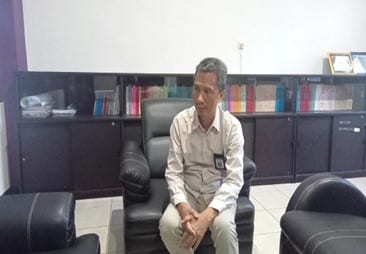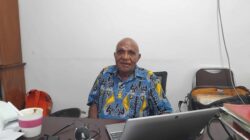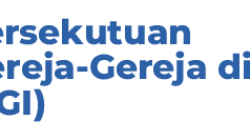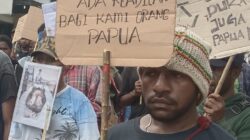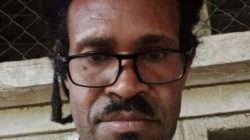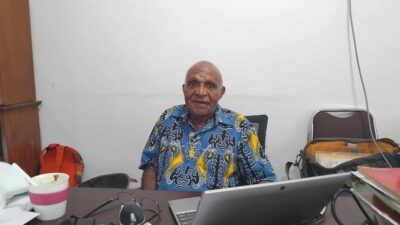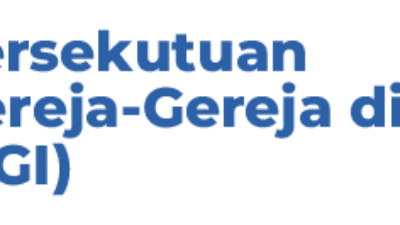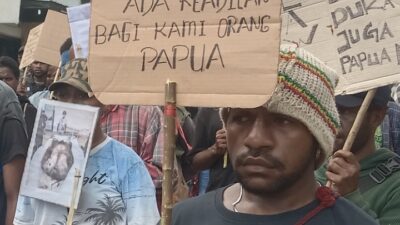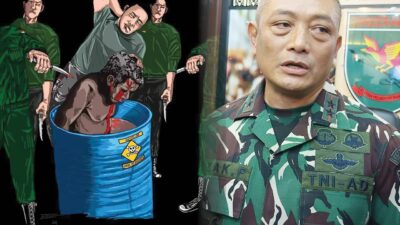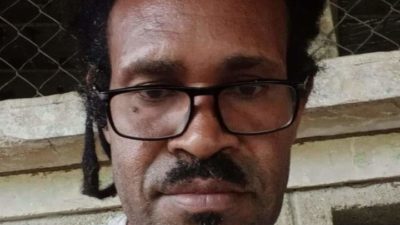Jayapura, Jubi – Out of the 482 local languages in Papua, only nine have undergone revitalization efforts by the Provincial Language Center, as stated by Sukardi Gau, the Head of the Papua Provincial Language Center in Jayapura City on Thursday (11/01/2024).
Gau mentioned that the Language Revitalization Program, continuing from 2023, has been in progress since 2021. In 2022, the program targeted seven local languages, and by 2023, two more were added, bringing the total to nine.
The revitalized languages include Tobati in Jayapura City, Sentani in Jayapura Regency, Biyekwok in Keerom Regency, Sobei in Sarmi Regency, Marind in Merauke Regency, Kamoro in Mimika Regency, Biak in Biak Numfor Regency, Atam in Manokwari Regency, and Moi in Sorong Regency. In 2024, Baliem in Jayawijaya Regency will be added, making it a total of ten local languages.
Gau explained that Indonesia has 718 local languages, and the language inventory in Papua has identified 428 local languages. Of the nine languages in the Language Revitalization Program, efforts are made to teach them in schools, ranging from elementary to secondary levels. This initiative requires collaboration with local governments to develop a local language curriculum for schools.
According to Gau, local governments play a crucial role in preparing teachers and teaching materials for local languages to ensure the effectiveness of language revitalization efforts.
“The Language Center will coordinate with local governments. The next steps involve training primary teachers or master teachers, with the hope that these teachers will then pass on the knowledge to other teachers and, ultimately, to students in schools. The more effort put in, the broader the development of local languages, and they become more usable,” said Sukardi Gau.
Gau cited Jayapura City as an example, where a local regulation mandates the learning of specific local languages in schools based on zoning.
“For instance, in the Waena area and surroundings, students will learn Sentani language; in the Tanah Hitam, Abepura, and surrounding areas, they will learn Nafri language. In the Entrop area and surroundings, Tobati language will be taught,” he explained.
Acknowledging that the inventory of nine local languages in Papua is far from sufficient, Gau expressed hope that local governments would also undertake the revitalization of their respective local languages. He emphasized the significance of local languages as an integral part of the Papuan identity and called for their protection.
“Local languages are a crucial part of the Papuan identity, something that is often forgotten, especially by some of our indigenous Papuan brothers and sisters. Local languages are considered unimportant, compared to many other issues, such as economic matters, taking precedence,” Gau noted.
He highlighted that the best legacy from Papuan ancestors lies in their language.
“Papuan children nowadays seem to consider local languages unimportant and no longer attractive. For example, the Tobati language is now spoken by only a few people, a far cry from 20 or 10 years ago. Our effort is to protect local languages to truly become an identity embedded in the Papuan people,” he added.
Sukardi Gau shared that the Provincial Language Center has three priority programs: literacy, local language revitalization, and the globalization of the Indonesian language. He emphasized that according to Law No. 24 of 2009 on the National Flag, Language, Coat of Arms, and National Anthem, the development of language and literature is the responsibility of local governments.
“My hope is that local languages should be treated equally. It is not just about the number of speakers; even languages with few speakers have the same right to survive and must be protected by local governments for more focused and systematic revitalization,” Sukardi Gau concluded. (*)


